Sleep, the evidence-based crowd and the vestibular system
Evidence-based folks love sleep. I get it. Sleep is important. Sleep, if anything, might just be the most under appreciated aspect of health and performance. With that in mind, I find sleep needs to be discussed but, recently, if you listen to some, it seems like sleep can cure all.
Sleeping is just as popular with the evidence-based crowd as moving is. Who can be against moving, right?
Movement is key and movement is king. This being said, how about when individuals cannot move as they please?
If you listen to one of the most respected researchers, physiotherapist and chiropractor around, Greg Lehman, he will tell you that if you can’t raise your arm by bringing it up in front of you, you simply should precede to raising it by bringing it up by your side. I attended his course Reconciling Biomechanics with Pain Science earlier this year. One of the key take homes was: the body can adapt! Isn’t that grand?
To be fair to him, he did not instruct how to plant the first nail in one’s coffin. Maybe that’s in his other courses. I’ll have to check it out…
So moving is good but if you can’t move, you need to move differently and if that is difficult, maybe you need to move less… and differently… Essentially, no one here is discussing how to beat world records…
So what about sleep? Sleep is good. We know that, but what about if you have a hard time sleeping?
Recent insights (2018) are making a connection between the sense of balance and sleep. What we know is that not only is our balance (vestibular) system responsible for gaze stabilization and postural control, it is also involved in spatial cognition and spatial memory, for instance.
As well, at the level of the brainstem, the vestibular organs also influence postural blood pressure regulation, bone density and muscle composition via specific vestibulo-sympathetic efferences. These have been shown to act as a powerful synchronizer of circadian rhythms.
It could be that vestibular inputs might influence the sleep-wake state switch, informing the brain about the daily quantity of motion.


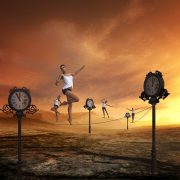

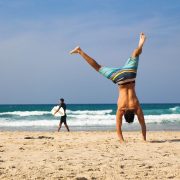
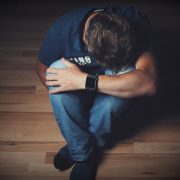
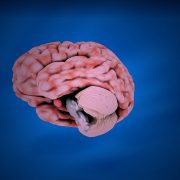
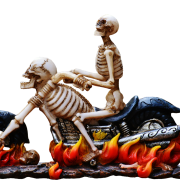

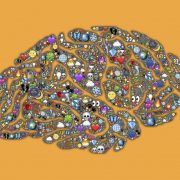
Leave a Reply